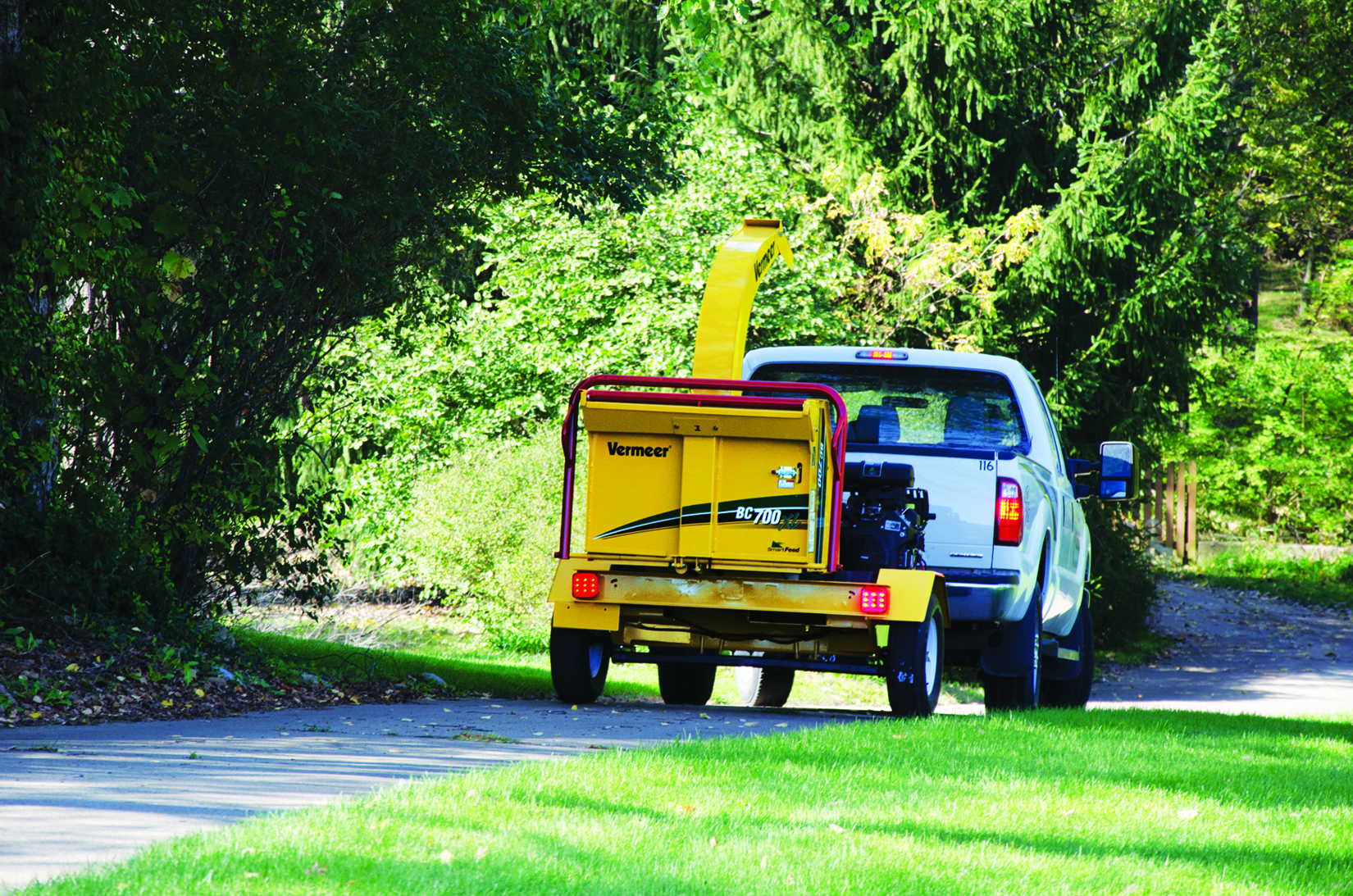You are a worker in the tree care industry and dream of starting your own business. But how do you get started?
Lisa Shimkat has some advice for those looking to start a business in the United States. She is the state director for America’s Small Business Development Center Iowa (SBDC Iowa). Keep in mind that people and businesses differ, and your unique circumstances should guide your decision making.
First, reach out and get assistance. SBDCs, which are located in every state, the District of Columbia and some territories, provide free business advice and affordable training. Additional resources include other organizations, your local chamber of commerce and local government officials, like an economic development director.
“There is no one way to start your business, but surround yourself with those individuals who can help you get the answers you need,” Shimkat says.
Business plan
Then, start putting together your business plan. This is something those providing you assistance can help with. Part of a plan is figuring out what it’s going to take to start a business. Get quotes on the different types of insurance you’ll need, such as general liability, equipment and workers compensation insurance. Determine what equipment you will need and explore new and used options.
Another big piece is financing. Shimkat says the first thing someone considering starting a business must understand is that they’ll need to have some skin in the game.
“There is really not any free money out there,” she says. “As a new business startup, if you are going to need financing, you need to have a bare minimum 20 percent down.”
One option is traditional lender financing, like from a bank. Another is a revolving loan fund. This is a program, usually run by a local government or a nonprofit agency, that makes more loans as past loans are repaid.
Revolving loan funds often have lower interest rates than traditional loans. Other financing options also are available, and sometimes they can be paired. Learning about these is another reason why seeking expert advice is important.
What makes a good owner
It’s no secret that the failure rate of new businesses is high. Shimkat has found that there are some common characteristics among successful small-business owners.
One is knowing what you are not good at. If finance is not your strong suit, for example, hire a bookkeeper or an accountant.
“A lot of people say, ‘Gosh, I don’t know if I can afford that,’” Shimkat says. “Sometimes it comes down to the opposite: Can you afford not to?”
Another common trait is dedication. Many people say they want to be their own boss and set their own hours. If you’re taking afternoons off to golf and not going back to work afterward, your business will probably suffer.
Good owners also instill that passion in their employees. “They’re great at motivating those around them,” Shimkat says.
A business that fails may violate one of the tips above. Or, it could have grown too fast. That may sound illogical because most people probably want their businesses to grow. But if you take on too many jobs, you may struggle to meet deadlines. You also could run into cash flow problems because your need for supplies increases as you add jobs, and your suppliers want to be paid right away. But your customers may not pay you for 30 to 60 days.
“Yes, you could have a very successful business that is growing, but if you don’t manage it well, you can actually fail,” Shimkat says.
Ultimately, remember that even if starting your own business means the buck stops with you, you don’t have to go at it alone.
This article contains third-party content, observations, advice or experiences. It does not necessarily reflect the opinions of Vermeer Corporation, its dealers or its affiliates.
